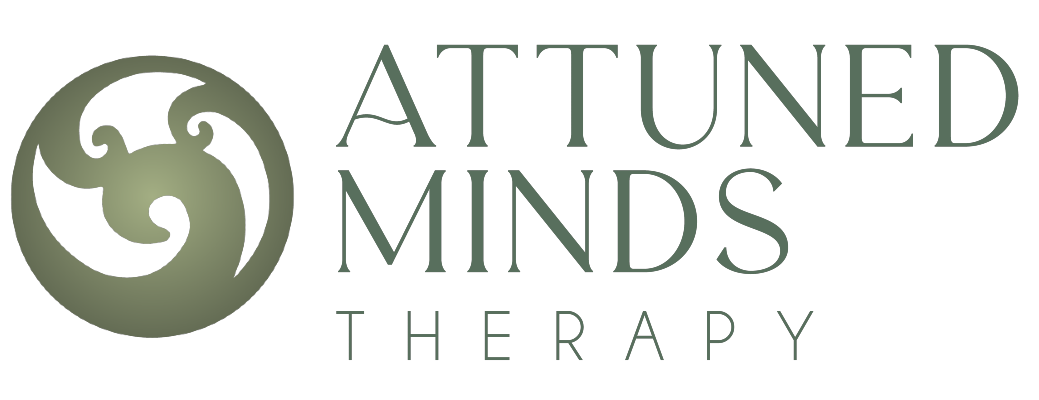How to Reduce Anxiety Naturally
Many of the clients I work with come to me because they’re struggling with anxiety in their daily lives. While the medical model and society at large, tends to view anxiety as a problem to be irradiated, it’s a natural part of being human. It’s crucial to our survival and our emotional landscape. Anxiety is an asset that can help us recognize danger and prepare for the future.
That being said, there are times where it feels like anxiety takes the reins and won’t let go. While anxiety may be excellent at helping you survive, it isn’t the best at allowing you to enjoy the present. You may need to learn how to respond in a manner that signals to your body that anxiety can take the night off. Living on high alert is exhausting! Thankfully, there are several ways you can do that naturally, on your own time and in your own way.
Here are a few helpful options:
Routine Exercise
Our moods are often the result of a delicate balance of hormones and chemistry. Regular exercise has been shown to improve mood and reduce anxiety. A short walk around the block, a quick set of pushups, or even some light stretches can all be enough to help kickstart your system and get your endorphins flowing.
A Solid Night’s Sleep
In our era of streaming services and social media, there are plenty of activities to keep us up late at night. If you’re dreading work or school the next day, it might be tempting to keep scrolling on social media, but it comes with a cost. Try turning off the electronics before bedtime so you’ll feel rested in the morning—if you aren’t yet ready to ditch the background noise, stick to sleep stories or a noise machine.
Mindfulness
One of the best ways to reduce your anxiety is establishing a mindfulness-based approach to life. What does that mean exactly? It means focusing your attention on the present. You can start by grounding your consciousness in your five senses. Instead of multi-tasking, carve out time to pay careful attention to your present moment for 5 to 10 minutes a day. Focus on the feel of your bedsheets on your skin, or the pop and sizzle of something tasty on your tongue.
Because anxiety is all about prepping for the future and stressing out about the past, mindfulness is a superpower which brings your focus back to the present.
Make Time to Connect
Humans are, by nature, social creatures. Whether you’re an introvert or an extrovert, it’s important to make time for social activities & connection. If you feel like you’re stuck in a rut, try picking up a new hobby. While it may be scary at first, the novelty of learning a new skill can be fun and rewarding. It’s also a great way to meet a new circle of friends!
Cut Back on Social Media
In our always-on society, staying connected to the latest news can be addictive—especially if you’re prone to feelings of anxiousness. Try limiting your exposure to social media and news each day. While it’s important to stay informed, many of those problems aren’t something you can solve overnight. Focus on what you can control and put your energy into yourself instead.
Get Professional Support
When anxiety proves too big an issue to manage on your own, it’s a good idea to seek professional support. There are tons of therapeutic options available, and a qualified therapist can help you put together a plan that works for you as an individual and plays to your strengths and personality. Some types of therapy you may want to consider include:
Acceptance & Commitment Therapy
Equine-Assisted Psychotherapy
Hypnotherapy
Cognitive Behavioral Therapy
Movement-Based Therapy
Schedule a Consultation
If you’re interested in learning more, please reach out today. I work with clients every day to develop a tailored therapy plan that works for them. As a relational therapist, I help my clients overcome the challenges they’re facing by focusing on the relationships in their lives—with themselves, others, and even their problems. Reach out to learn more about the benefits of anxiety therapy.

